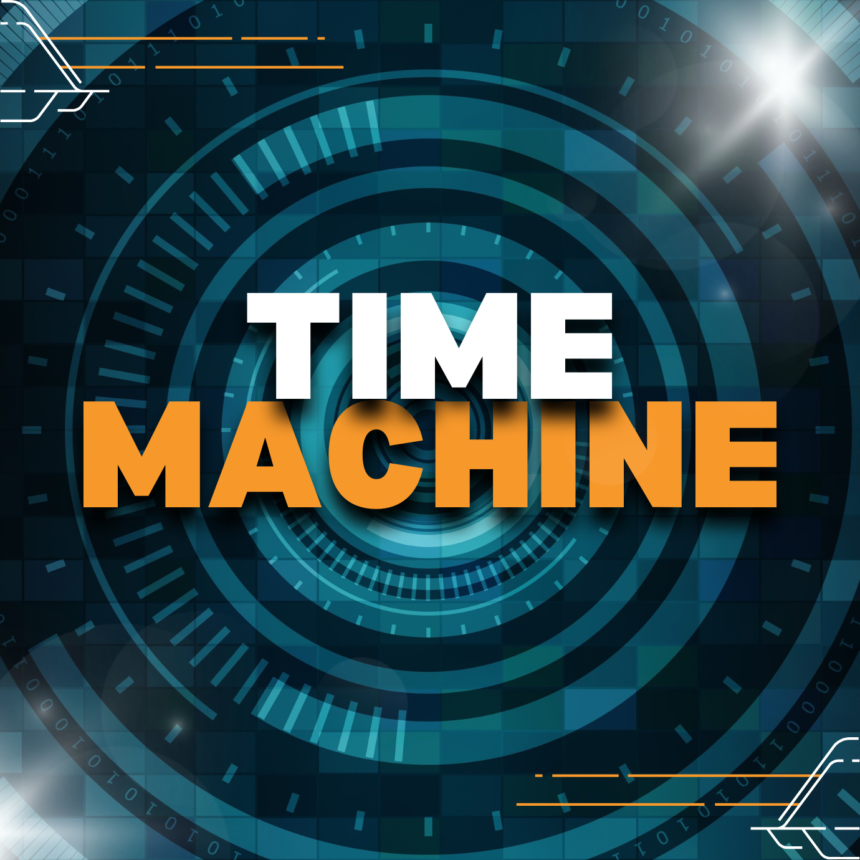Quantum mechanics, a fundamental theory in physics that describes the behavior of matter and energy at the smallest scales, has intrigued scientists and researchers for over a century. When it comes to the topic of time travel, quantum mechanics introduces intriguing possibilities and challenges that blend scientific principles with speculative ideas. Let’s explore the interplay of science and speculation in the context of quantum mechanics and time travel:
1. Theoretical Foundations: Quantum mechanics is governed by a set of mathematical equations and principles that describe the behavior of particles at the atomic and subatomic levels. It allows for phenomena like superposition (where particles can exist in multiple states simultaneously) and entanglement (where particles become correlated regardless of distance). These principles, while well-established and experimentally verified, have led to the exploration of exotic concepts like time travel.
2. Time Dilation: One aspect of Einstein’s theory of relativity, which is closely related to quantum mechanics, is time dilation. Time dilation occurs when an object travels at high speeds or experiences extreme gravitational forces. In such cases, time appears to pass differently for the moving object relative to a stationary observer. This phenomenon has been experimentally confirmed and plays a role in the operation of the Global Positioning System (GPS).
3. Wormholes and Black Holes: Some theories in quantum mechanics suggest the existence of “wormholes,” hypothetical tunnels through spacetime that could potentially allow for faster-than-light travel and shortcuts across vast distances. Black holes, massive objects with incredibly strong gravitational fields, have also been theorized to potentially act as portals to other regions of spacetime.
4. Causality Paradoxes: Quantum mechanics introduces intriguing questions about causality in the context of time travel. For example, certain time travel scenarios, such as the “grandfather paradox,” involve situations where events in the past can influence the future in a way that seems logically inconsistent. These paradoxes have prompted scientific and philosophical discussions about the nature of time and the possibilities of avoiding logical contradictions.
5. The Many-Worlds Interpretation: Within the realm of quantum mechanics, the Many-Worlds Interpretation proposes that every possible outcome of a quantum event actually occurs in separate branches of the universe. This interpretation has been invoked in some discussions about time travel to address causality paradoxes. In the context of time travel, it suggests that altering the past creates a new branch of reality rather than changing the existing timeline.
6. Challenges and Limitations: While quantum mechanics introduces intriguing possibilities for time travel, there are numerous challenges and potential limitations. The energy requirements for manipulating spacetime to create wormholes or time loops are believed to be immense and may be beyond our current technological capabilities. Additionally, the existence of closed timelike curves (paths that loop back in time) remains purely theoretical and has not been observed in the natural world.
In summary, the interplay of quantum mechanics and time travel presents a fascinating blend of science and speculation. While some aspects of quantum theory open the door to intriguing possibilities for time manipulation, many questions remain unanswered and subject to ongoing scientific inquiry. As researchers continue to explore the frontiers of quantum mechanics and our understanding of the universe, the topic of time travel will undoubtedly continue to captivate the imaginations of scientists and enthusiasts alike.
